Hormone Replacement Therapy – Is It Safe?
Some women sail through menopause with little or no difficulty. For others, the cessation of menses and the accompanying wild hormone swings can be miserable.

Some women sail through menopause with little or no difficulty. For others, the cessation of menses and the accompanying wild hormone swings can be miserable.

Sometimes your concierge medicine doctors at MD 2.0 in Jupiter, Florida, feel we’re constantly raining on your parade, telling you to do things you don’t particularly want to do and to give up things you enjoy.
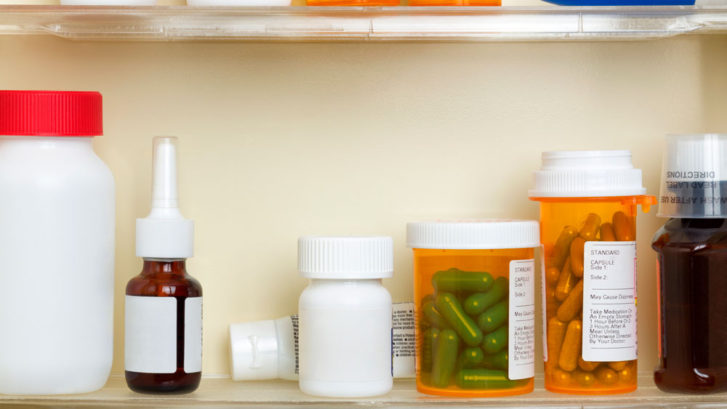
It’s certainly no secret that prescription medications are expensive, even if you have superior insurance coverage, so you want to keep them in the best possible condition. Improper storage can affect the potency or effectiveness of many medications and supplements.

If your concierge family doctors at MD 2.0, offered you a drug that could cut your heart disease and diabetes risk, mitigate various pains including joint pain and migraines, prevent kidney stones and urinary tract infections, help you lose weight, and keep you looking younger, how much would you be willing to pay for it?
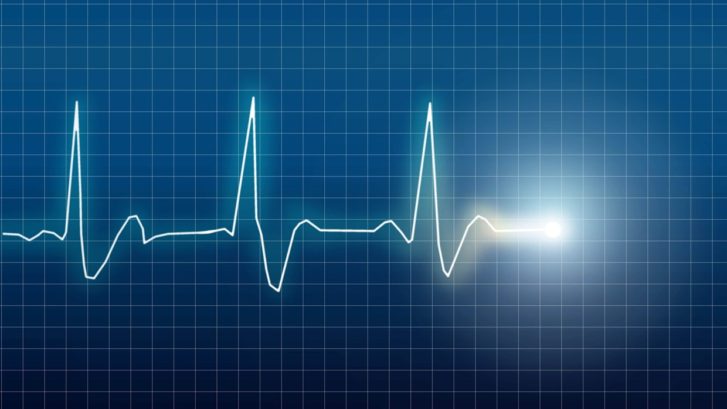
You’re sitting calmly, maybe reading or watching TV, and suddenly feel a flutter in your chest. Or worse, it feels as if your heart has stopped for a few seconds, then started up again.
The symptom you could be experiencing has been called “missed” heartbeat, “skipped” heartbeat, or heart “flutters.” Some people describe it as a hiccup, a pause, or a jump in their heart’s normal rhythm, or as if their hearts have “extra” beats. The fact is, it’s extremely common and usually no cause for concern.
The medical terminology for this syndrome is either premature ventricular contraction (PVC), or premature atrial contraction (PAC), depending on where in the heart they originate. PACs occur in the heart’s upper chambers (atria), PVCs in the lower chambers (ventricles). In general they are known as arrhythmias, meaning a heart beating out of normal rhythm.
The Heart Rhythm Society explains:
“The reason PACs or PVCs can sometimes be felt as a skipped beat is that the heart gets a premature signal to squeeze before it has had time to fill with blood. The resulting heart contraction does not produce blood flow to the body. A pause is felt, and the following heart beat is more forceful than usual. If the PAC or PVC is less premature, and the heart has had time to fill with blood before receiving the early signal to squeeze, an extra beat will be felt, rather than a skipped beat.”
The Washington Post, in a recent article on this phenomenon, reported, “PVCs and PACs are so common that, when study participants wear portable, rhythm-tracking devices called Holter monitors, virtually everyone gets at least one premature beat over a 24-hour period.
“We always see these early beats,” Dr. Gregory Marcus, a cardiac electrophysiologist at the University of California, San Francisco, said. “It’s part of being human.”
These irregular beats occur more often as people age, and in nearly all cases are harmless. The cause is a disruption in the heart’s electrical signal which regulates its normal rhythm. The triggers are largely unknown. Absent any heart disease, they have been blamed on caffeine, chocolate, alcohol, and anxiety, among other possible causes. Some people report experiencing them regularly for years with their doctors unable to pinpoint a reason.
Premature beats are common in healthy people of all ages, according to the Heart Rhythm Society. However, they can also be a sign of more serious problems. These can include thyroid problems, chronic lung disease, diabetes, and heart failure. Atrial fibrillation, which also causes an irregular or racing heart rate, and mimics the harmless kind, can raise the risk of a stroke.
Although some people can experience “skipped” or “missed” heartbeats as often as 1,000 times a day, if they are accompanied by shortness of breath, weakness, dizziness, chest pain or discomfort, lightheadedness, sweating, and fainting or near-fainting, they could signal an impending heart attack and should be treated as an immediate emergency.
While most cases of heart palpitations are benign, you should not hesitate to contact your concierge doctor to have them evaluated. We can perform a series of tests that will rule out more serious illness, provide advice on some ways to avoid them, and help set your mind at ease.
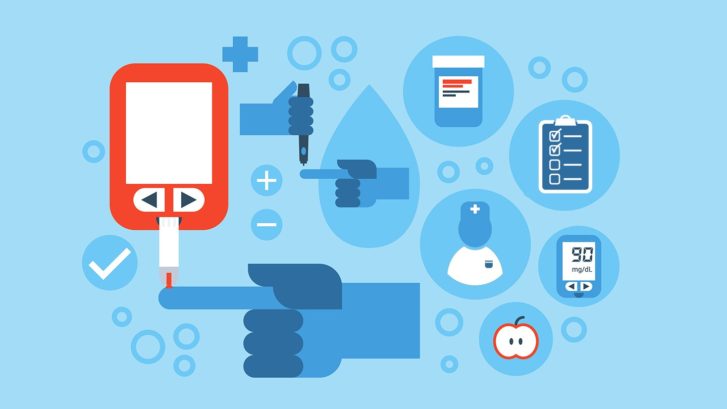
When someone is diagnosed with type 2 diabetes, the first way your concierge family physicians, will attempt to get it under control is through lifestyle changes: mainly diet and exercise. If that isn’t sufficient, we will proceed to treatment-diabetes-info.com, trying to bring blood sugar levels to an acceptable level.

Are you gaining weight without increasing your food intake? Having difficulty sleeping? Are you unusually irritable, anxious, and/or depressed? Is your hair thinning? Are you experiencing heart palpitations? Have you lost interest in sex?
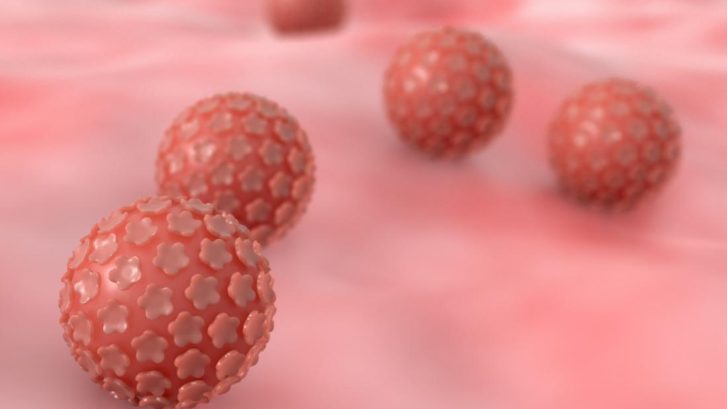
About 79 million Americans are currently infected with the human papilloma virus (HPV), according to the Centers for Disease Control (CDC). About 14 million people become newly infected each year. HPV is so common that almost every person who is sexually active will get HPV at some time in their life, assuming they don’t get the HPV vaccine.
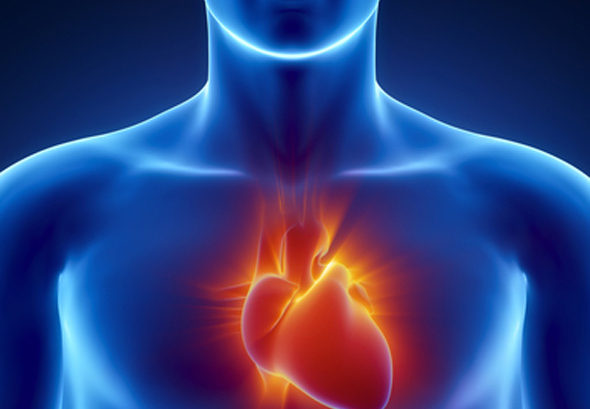
Most of us have encountered heartburn, that aptly named condition that feels as if your heart is on fire. And many of us automatically turn to so-called “acid neutralizers,” either the older types of antacids (Tums, Rolaids, etc.) or the newer proton pump inhibitors (PPIs).
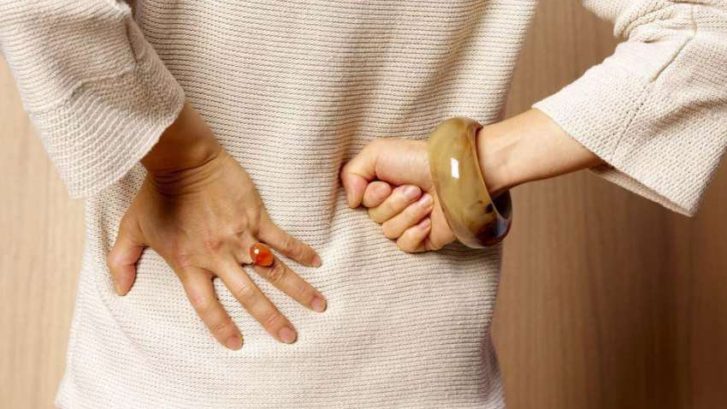
Your concierge doctors in Jupiter, FL, at MD 2.0, know that one of the most painful conditions a human can experience is a kidney stone. The excruciating pain they cause has been compared to that of childbirth.